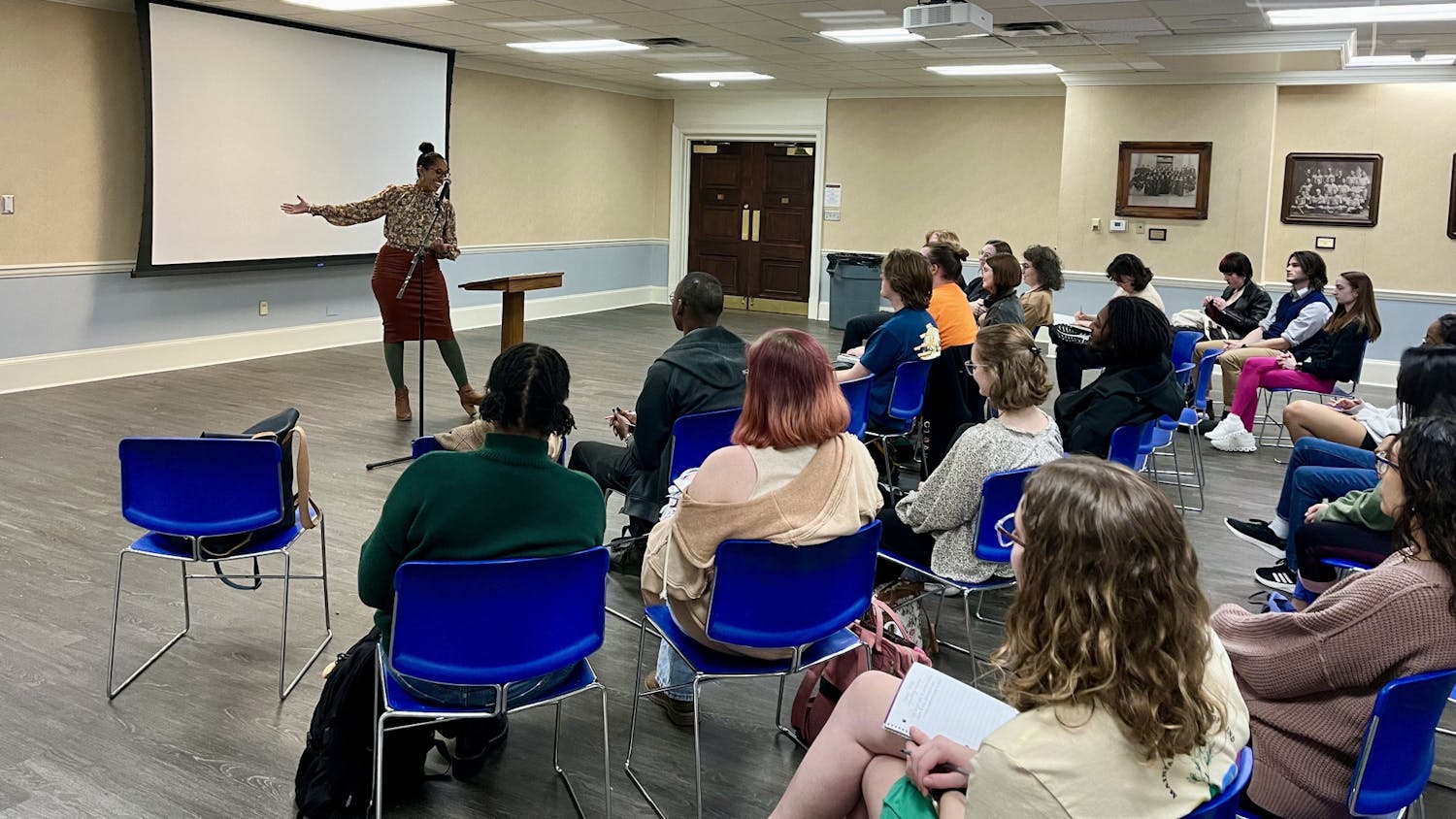There are movies I refuse to watch because of the pride I place in my gender and intelligence. However, curiosity will always make me wonder what all the hype is about. For example, I had never seen the Twilight movies before this summer. I had never been roped into watching the movies by friends or by my then-girlfriend.
The folks responsible for Mystery Science Theater 3000 (MST3K) solved the dilemma between my pride and curiosity. In essence, the show consisted of bad movies rehashed with clever commentary (riffs).
MST3K focuses on the life of a test subject trapped in a space station called the “Satellite of Love.” The test subject is forced to watch terribly cheesy movies while the experimenters “monitor his mind.” To maintain his sanity, the test subject makes fun of the movie during the showing, providing the audience at home with comedic commentary.
Starting in 1988 and running for 11 years, the cast of MST3K gained a cult following. The show was eventually canceled because Comedy Central and, later, Syfy were having difficulty getting permission to show the third-party movies featured in MST3K.
The creative minds behind MST3K reunited in 2006 to form RiffTrax (rifftrax.com), this time with a secret weapon. Instead of buying the licenses to movies to be riffed, they simply record an MP3 file of commentary satirizing the target movie. The user can then sync the audio file using their computer or audio player.
The difference is subtle, but it allows RiffTrax to produce commentary to almost any movie without the need to ask permission from movies’ producers. Movies chosen for RiffTrax must meet two criteria: the film must be easy to riff (example: the Twilight series, “The Last Airbender”), and the film must be widely available on DVD. The MP3 commentaries cost anywhere between 99 cents to $10 and the user must provide their own copy of the movie. Using Netflix as a movie source offsets the price of enjoying a riffed movie.
I tested out RiffTrax for the first time with M. Night Shyamalan’s “The Last Airbender” based on Nickelodeon’s TV show “Avatar: The Last Airbender.”
I loved the show but heard the movie was terrible. Shyamalan’s adaptation garnered a meager 6 percent approval rating on Rotten Tomatoes. I downloaded the RiffTrax MP3 for “The Last Airbender” for $2, pulled up the movie on Netflix and played both on my computer.
The result was pure hilarity. I doubt that I would have been able to watch the entirety of the movie without the accompaniment of the RiffTrax commentary.
The riffers regularly point out odd choices of choreography, lapses in continuity and plot holes. Some of the funniest moments in the commentaries occur when the riffers chime in with dialogue, humorously amending or fabricating lines.
For example, take a scene from “Twilight” in which our protagonist, Bella Swan, is emotionally conflicted (as usual) and having trouble sleeping.
Bella wakes up, suddenly aware that she is being watched from across the bedroom by Edward Cullen, a vampire who attends Bella’s high school. What should have been a very tense moment takes a laugh-out-loud turn when one of the commentators, speaking for Edward, says, “What was our math homework?”
During a scene from “The Last Airbender”, a waterbender named Katara is (presumably) practicing her ability to magically manipulate water by doing glorified yoga.
The scene, with very little context, goes on for several uncomfortable seconds during which Katara extends and withdraws her hands a few times.
Meanwhile, the riffers have organically blended the pre-flight speech given by flight attendants to correspond with Katara’s movements.
For those wanting to try out RiffTrax (legally), Hulu has a RiffTrax feature section (hulu.com/rifftrax-features)where you can catch the riffers pan old movies that have entered public domain, such as “Plan B from Outer Space” or “Night of the Living Dead.”




